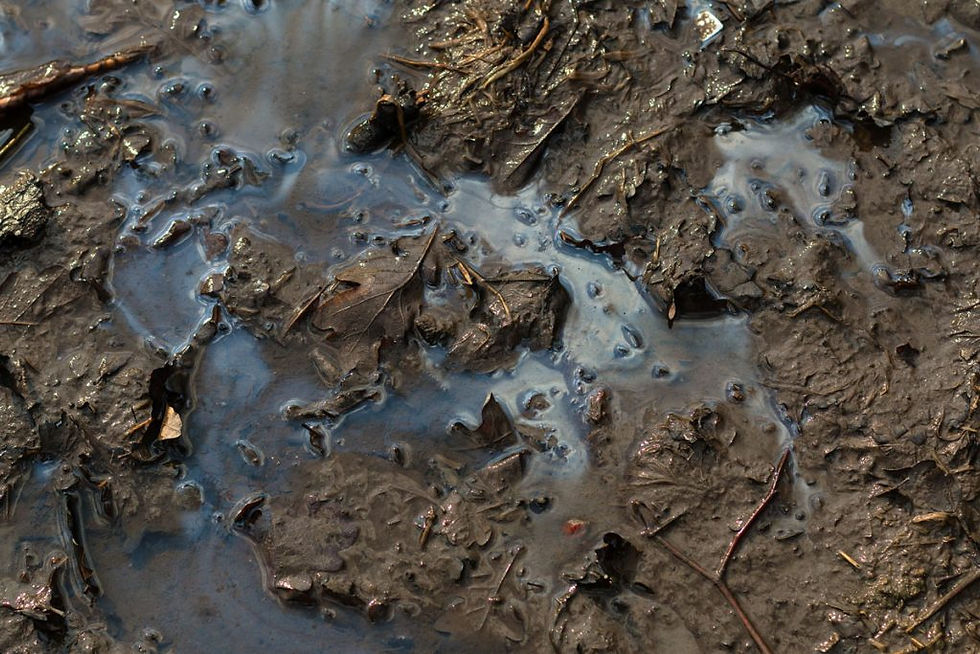Factors to Consider in Soil Bioremediation
- ERS Remediation

- Dec 16, 2021
- 2 min read
Updated: May 12, 2023
Bioremediation is widely considered a cost-effective and sustainable remediation technique which utilises the natural processes of micro-organisms to break down or chemically alter contaminants into less harmful forms. In many cases, it’s possible to stimulate the naturally occurring microbial populations to improve background biodegradation rates, but sometimes it may be necessary to add degrading cultures. Our scientists use technologies such as respirometry and qPCR to study microbial activity and numbers so they can determine if this is necessary.
There are many other factors that can influence bioremediation performance. A few important ones are:
#1 – Nutrients

Hydrocarbon contaminated soils, for example, can readily be bioremediated by naturally present micro-organisms. However, with an excess of hydrocarbons in the soil, this can create suboptimal nutrient conditions for the micro-organisms, such as a lack of nitrogen. To maximise microbial activity, organic or inorganic amendments containing nitrogen are added to the soil.
In order to determine the type and optimal concentration of nitrogen required, ERS have developed novel soil respiration assays to optimise the desired microbial activity. You can read more about our approach here https://bit.ly/3qvrpLw
#2 – Water

All organisms require water to survive and microorganisms degrading contaminants in soil are no exception. However, too much water and the availability of oxygen for aerobic degradation can become limited (not to mention the challenge of handling the soil!). Therefore, to help them thrive, the moisture content of soil should be optimised and managed. Of course, this is a lot easier said than done in a temperate climate!
#3 – Temperature

Ex-situ soil bioremediation is usually carried out at ambient environmental temperatures, i.e. outside and without additional heating. Although this helps to make bioremediation attractive as a cost effective and sustainable remediation technique, significant changes in temperature can influence performance and timescale.
Microbial activity in soil generally increases with temperature; however, during the winter months in colder climates such as the UK’s, bioremediation projects can become prolonged due to the low temperatures. Therefore, we recommend speaking to us at an early stage so our expert scientists can optimise your bioremediation project timescale.






Comments